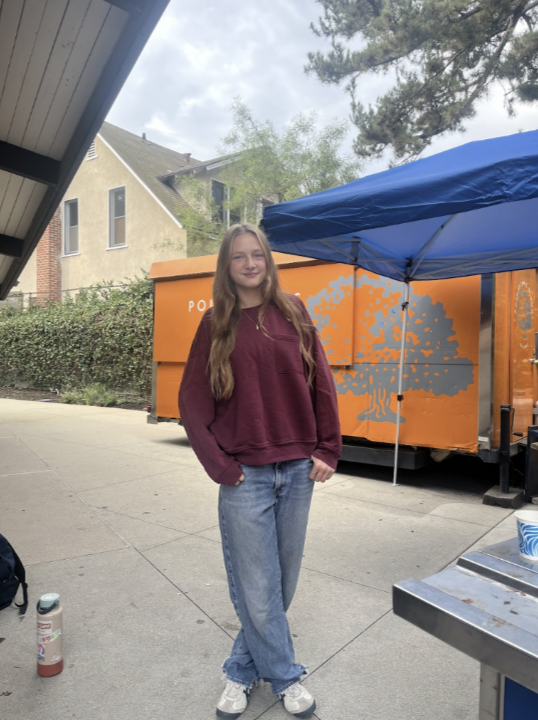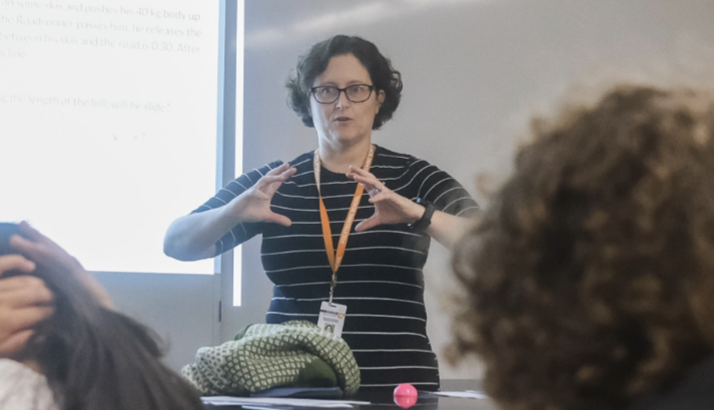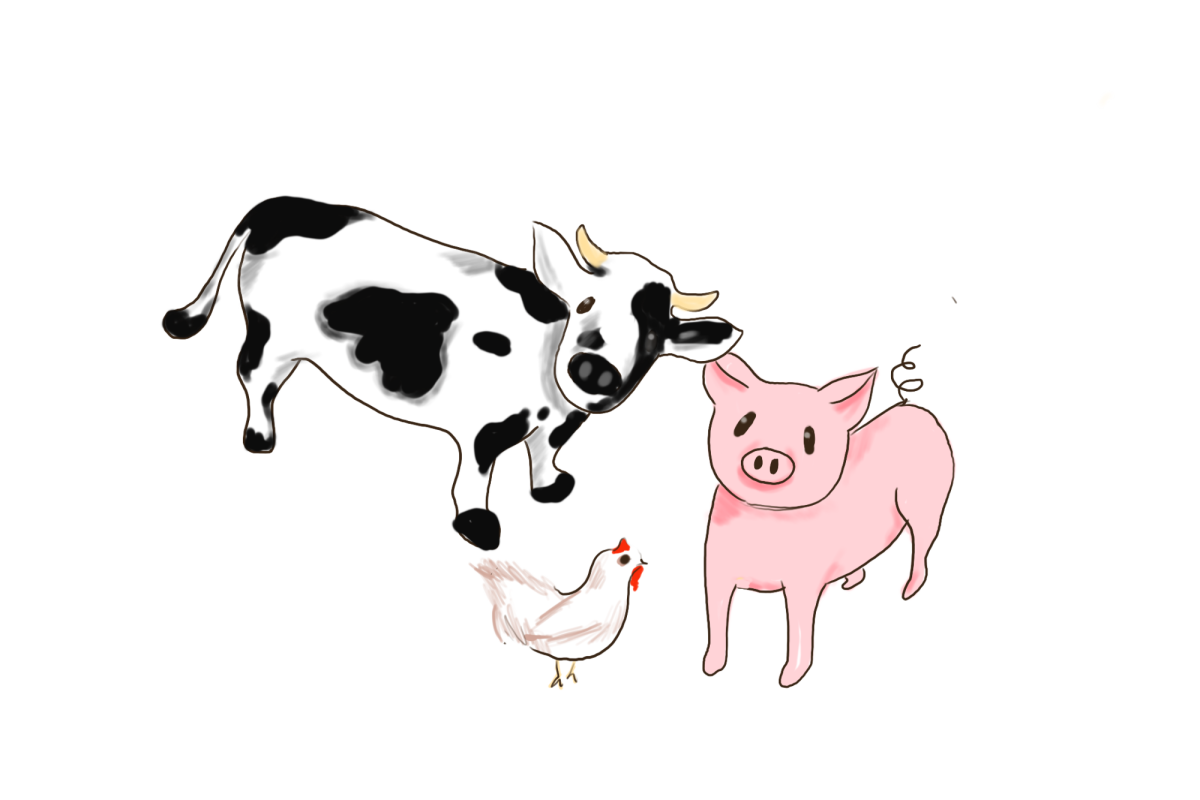With vaccines and the return to in-person school, life finally seems to be shifting back to normal. But as we look back on lessons learned during the pandemic, one unexpected message emerges—the best way to stop future pandemics begins with something as simple as our diets.
First, we need to back up and take a look at how the pandemic started. COVID-19 is a zoonotic disease, meaning that it spreads from animals to humans. While the virus’ origins remain unclear, many scientists suspect wet markets played a key role in the transmission of the virus. This consensus should not come as a surprise. The Centers for Disease Control and Prevention found that, as of July 1, 2021, 75% of new or emerging infectious diseases are transmitted from animals to humans. The Spanish Flu, SARS, bird flu, swine flu, Ebola and AIDS all originated in animals.
Even so, it’s easy to ignore the origins of the meat you buy at your local supermarket. However, the meat produced in factory farms is not that different from the meat purchased at a wet market, which is an outdoor market selling fresh seafood, meat, and produce where the slaughter typically takes place on site. After all, these infectious diseases are not simply originating on their own; they are the direct consequence of our society’s mistreatment of animals.
The overcrowded quarters these animals live in provides the ideal conditions for a virus to spread and mutate before being transmitted to humans. The stress of these intense living conditions weakens animals’ immune systems, making it easier for them to transmit diseases. Because factory farms breed animals for desirable traits like large chicken breasts, it is easier for a virus to jump from one animal to another without facing interference from genetic variants.
Once a virus has originated, factory farms also act to further transmit and spread the virus. At the beginning of the COVID-19 pandemic, the White House identified ten counties throughout the United States as coronavirus hot spots. Six of these counties were home to factory farms. Sioux Falls, South Dakota, was the nation’s biggest coronavirus hot spot and home to the Smithfield pork plant, which produced around five percent of the country’s pork. Although COVID-19 did not originate from U.S. factory farms, the unsanitary conditions of the plant combined with the large number of animals and factory workers created the perfect environment for animal-human transmission.
The easiest step each of us can take to prevent the next pandemic is to reduce our consumption of meat. At first, such an idea can seem daunting. But the COVID-19 pandemic has shown us that we are willing to make major shifts in our lives when necessary. Just think of all the changes we’ve undergone during the past year and a half. In comparison to social distancing and the transition to online school, eating less meat grows more possible in our minds, perhaps even doable.
Bevaris, for example, offers vegan options every day. Try going vegan one day of the week, and continuing from there. Every change, however small, makes a difference.
As a society, we are naturally reactive. Our response to the pandemic has failed to prevent millions of diagnoses and deaths. Now, through proactivity, we must take the necessary steps to ensure this never happens again.

























